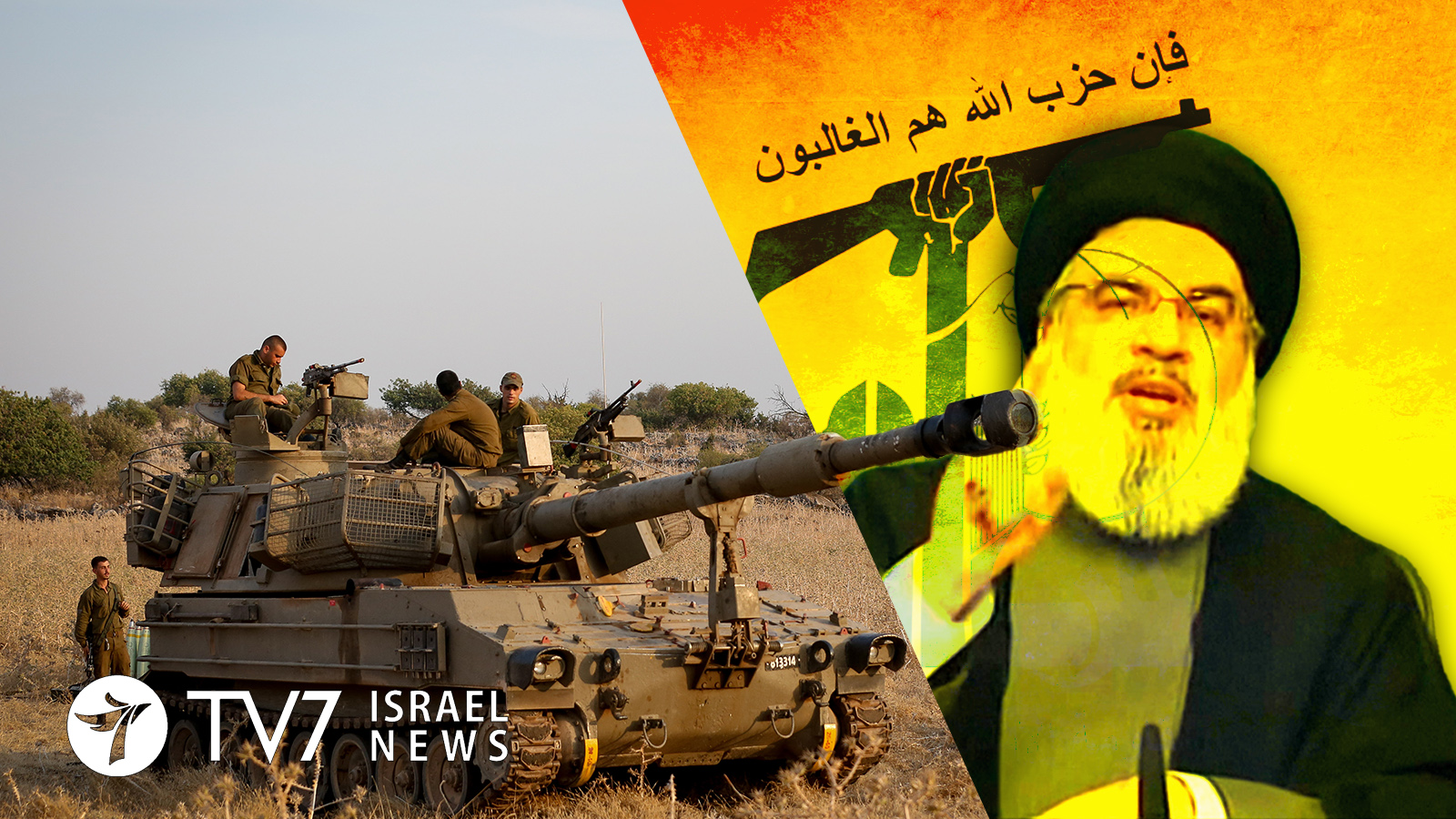Hezbollah has declared that Lebanon’s agreement to negotiate maritime borders with Israel is “is not connected to” achieving peace between the two nations, which maintain a formal state of war.
The parliamentary bloc of the Iran-backed terror group released a statement that talks with the Jewish State would be limited to resolution of their maritime dispute. The two countries have differences over natural gas exploration in the eastern Mediterranean.
Contrary to widespread optimism that the meetings could open the door to peace following Israel’s signing of the Abraham Accords with the United Arab Emirates and Bahrain on 15 September, Hezbollah stated the Lebanon talks have “absolutely nothing to do with ‘reconciling’ with the rapacious Zionist enemy, nor with the normalization that some Arab countries have adopted.”
“Despite all the talk that has been going around, the negotiating framework deals with our southern maritime borders and reclaiming our land, so as to delineate our national sovereignty,” underscored the armed group, that has fought several wars against Israel and is a major force in Lebanese politics.
The United States had hailed the agreement as “historic,” with U.S. Secretary of State Mike Pompeo saying that the discussions between the two countries “have the potential to yield greater stability, security, and prosperity for Lebanese and Israeli citizens alike.”
Lebanon‘s Speaker of the Parliament speaker Nabih Berri announced a week ago that his nation had agreed on a framework for talks with Israel; set to open on 14 October at the headquarters of the United Nations Interim Force in Lebanon (UNIFIL) in the southern border town of Naqoura.
In confirmation of the talks, Israeli Energy Minister Yuval Steinitz stated that “our goal is to end the dispute over the demarcation of economic water between Israel and Lebanon in order to help develop natural resources for the benefit of all the peoples of the region,” and that, “for the first time in 30 years, civil-political negotiations between Israel and Lebanon will take place after two years of indirect contacts.”
Israel’s delegation will be headed by the Director General of the Ministry of Energy, Udi Adiri, and include representatives of the IDF and the Ministry of Foreign Affairs.
Washington surprisingly appointed John Desrocher, who serves as the American Ambassador to Algeria, to mediate between the parties. The U.S. diplomat has previously served in Iraq, Cairo and Libya and is considered a rising force in the State Department.
Beirut will be represented by officials from the Lebanese Armed Forces (LAF).
Assistant Secretary of the U.S. State Department’s Bureau of Near Eastern Affairs David Schenker said that Hezbollah would not be involved in the talks. “We don’t talk to Hezbollah. So I know now the office of the president of Lebanon has the lead on this issue, and that’s all I’ve got to say,” he said in a conference call with media on 1 October.
